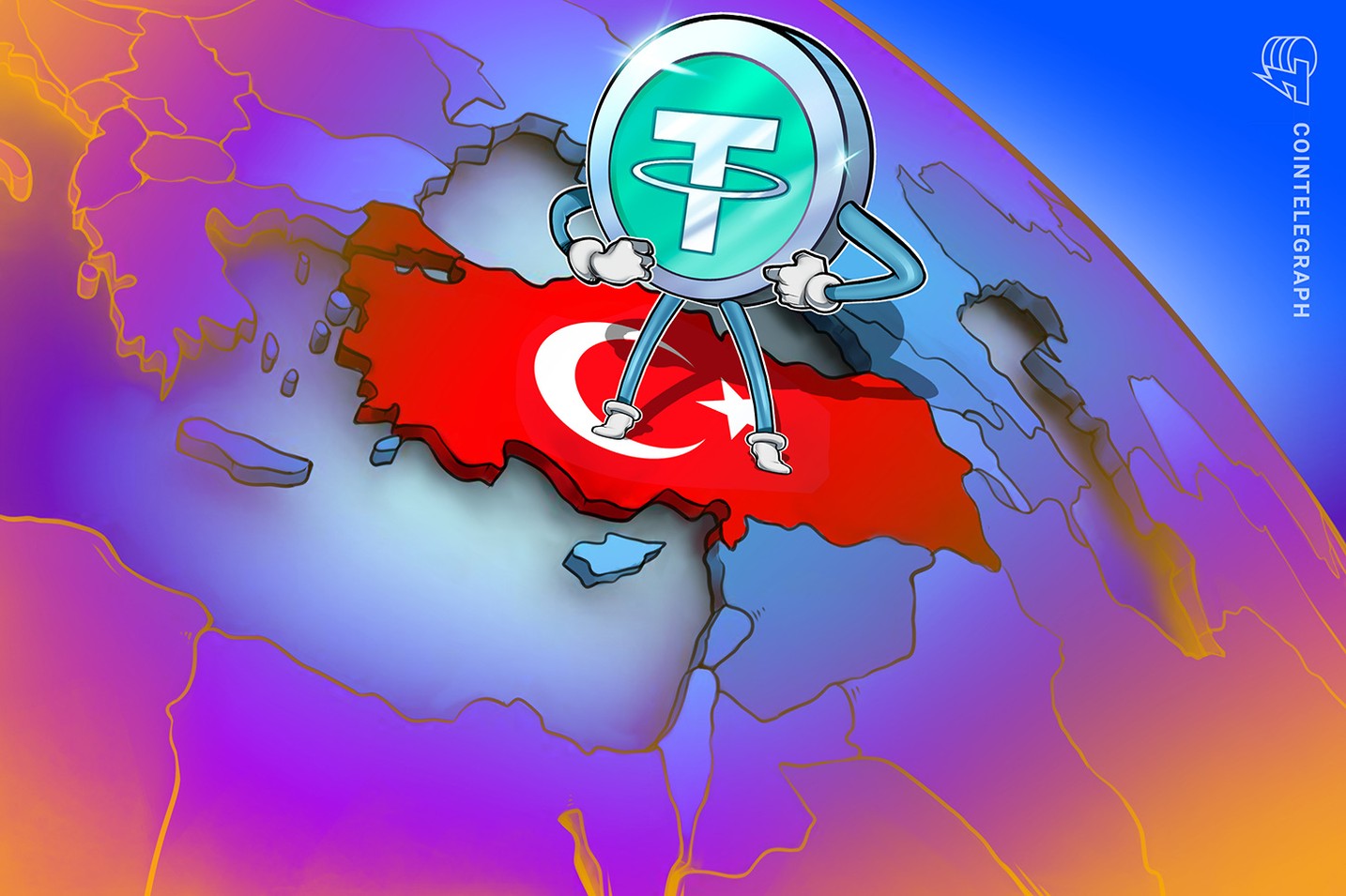Tether is increasing its presence in Turkey by partnering with a local cryptocurrency firm to promote industry knowledge.
The firm, issuer of the USDT (USDT) stablecoin, has signed a memorandum of understanding (MoU) with local crypto platform BTguru to evaluate digital asset-related educational initiatives in Turkey, it announced on July 2.
BTguru positions itself as a technology and strategy partner, specializing in virtual crypto assets “for primarily banks.”
As part of the agreement, Tether will assess the development of programs to introduce private and public stakeholders in Turkey to the benefits of cryptocurrency and blockchain technology.
The MoU also aims to promote peer-to-peer (P2P) technology using BTguru’s connections to facilitate discussions with financial institutions in the country.
Additionally, Tether and BTguru will explore real-world asset tokenization use cases for banks and evaluate regional payment network scenarios.
Tether to evaluate what business lines can be introduced into Turkey’s banking verticals
According to Tether CEO Paolo Ardoino, Tether and BTguru are committed to promoting the transformative potential of digital assets and P2P technologies.
“This MOU has the potential to provide a solid foundation for the responsible and informed use of digital assets. We are excited to be part of a movement that could promote freedom and educate people across Türkiye,” Ardoino said.
BTguru partner Can Bukulmez said that the new collaboration with Tether aims to introduce new business lines with the stablecoin firm. The partnership will also evaluate what business lines can be introduced into Turkey’s banking verticals and emerging digital assets businesses.
Turkey emerges as a global cryptocurrency hub
Tether’s expansion in Turkey comes amid cryptocurrency adoption, which has been gaining traction in the country at a significant pace. According to data from Binance, Turkey ranks fourth in transaction volume and twelfth in adoption, with a rate of 40%, making it a significant player in the global crypto ecosystem.
Turkey’s stablecoin purchases also make up a significant share of the country’s gross domestic product, accounting for 4.3% of its GDP, which is the highest among global economies, according to Chainalysis.

“With the interest of the Turkish community in digital assets and blockchain technology, Turkey emerges as one of the leading global hubs for crypto with a dynamic ecosystem, active participants, and significant transaction volumes,” Binance TR general manager Mucahit Donmez said in a statement on July 2.
Tether and Binance’s growing efforts to participate in the Turkish crypto ecosystem follow a massive hack of the local crypto exchange BtcTurk. According to Peckshield, hackers stole more than $100 million in crypto from BtcTurk on June 22.
The events also follow a local regulatory milestone. In late June, the Financial Action Task Force (FATF) removed Turkey from its gray list, citing “significant progress” in improving its regime for Anti-Money Laundering (AML) and countering terrorist financing.
As Cointelegraph previously reported, the FATF's Anti-Money Laundering (AML) requirements, including those related to cryptocurrency, have accelerated the urgency for Turkey to introduce crypto regulations in 2024.
